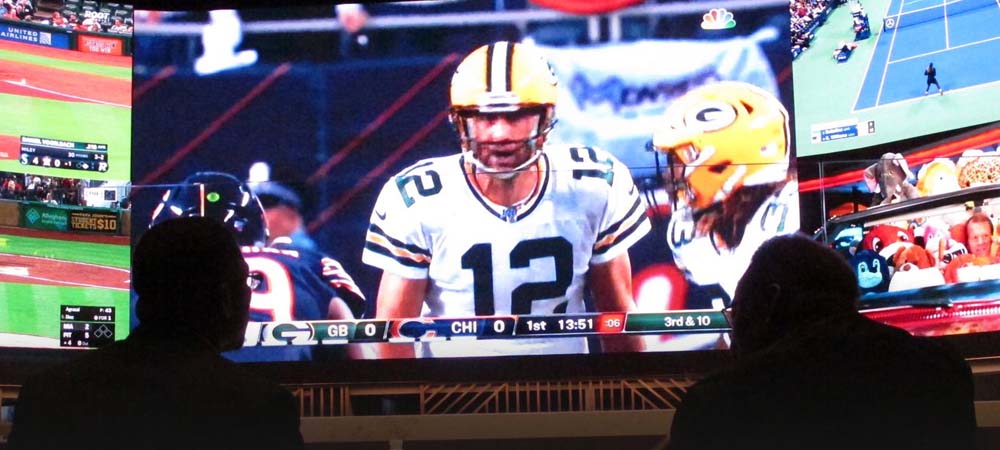- The Ohio Casino Control Commission has released its second batch of proposed sports betting rules and regulations about a month after they released their first batch of proposed rules.
- Among the new batch of proposed rules is a stipulation that limits the number of sportsbook partnerships and rules outlining licensing procedures.
COLUMBUS, Ohio – Ohio is on the verge of another important step in the journey of launching a legalized and regulated sports betting industry after the Ohio Casino Control Commission released its second group of proposed rules on Monday.
The release comes after the Casino Control Commission released its first batch of proposed rules on December 27, which dealt with general provisions, provisional licensing, the use of certified independent testing laboratories, and the use of certified independent integrity monitors.
The public comment period for this set of rules will close on Friday.
Monday’s batch of rules covered some other important topics, including licensing (which is broken down into General, Type A, Type B, and Services Provider licenses), general wagering provisions, and equipment. The public comment window for this batch of proposed rules will end on February 4.
Proposed Rule Stipulates Maximum Number Of Sportsbook Partnerships
Among the proposed new rules is a provision mandating that sportsbooks partner with a maximum of four licensees simultaneously. This rule is not set in stone, as the enabling document – HB 29 – left the decision regarding the maximum number of sportsbook partnerships to the Casino Control Commission. However, if it remains, some of Ohio’s largest sportsbook operators may be limited in reach.
For example, Penn National Gaming owns two casinos and two racino venues – if the maximum number of partnerships remains at four, Penn National’s Barstool Sportsbook may not have the opportunity to partner with a professional sports stadium.
Licensing Rules Rundown
Currently, there are 11 operational casino/racino venues in Ohio to pair with 10 professional sports entities. These facilities will have the first opportunity to receive a mobile Type A sportsbook license; however, Ohio can issue an unlimited number of Type A mobile sports betting licenses if it would benefit the state.
As a result, the largest barrier to entry into the Ohio legal sports betting industry will likely be the licensing fees. All operators (with the exception of professional sports organizations) will owe the state $1.5 million every five years. If the operator partners with more than one mobile sportsbook, the initial licensing fee jumps to $5 million, with $1.5 million due per renewal.
Provisional licenses are valid for 90 days. These licenses are eligible for a maximum of one renewal, which is valid for an additional 90 days. For a provisional license, legal sports betting proprietors will need to pay the state $15,000; management service providers and sports gaming suppliers will owe $10,000; Type C sports betting hosts will owe $1,000; while provisional sports gaming occupational licensees will owe the state $100.
Advertising Disclosure
In order to provide you with the best independent sports betting news and content LegalSportsBetting.com may receive a commission from partners when you make a purchase through a link on our site.
News tags: Barstool Sportsbook | HB 29 | Ohio | Ohio Casino Control Commission | Penn National Gaming

Jerad has been a welcomed addition to the LegalSportsBetting.com writing team. Covering topics regarding the expansion of sports betting in the US, Jerad focuses on legislative efforts, bill signings and other methods for sports betting legalization. Finishing his education as a college baseball player, Jerad has first-hand knowledge of competitive sports, paired with years of personal sports betting as well. As a political science major at the University of Central Florida, Jerad covers the political, legal, and legislative aspects of sports gambling without any issues.



 College Football Betting
College Football Betting Best Online Sports Betting
Best Online Sports Betting Best Legal NFL Betting
Best Legal NFL Betting States With Legal Sports Betting
States With Legal Sports Betting Sports Betting Events
Sports Betting Events




